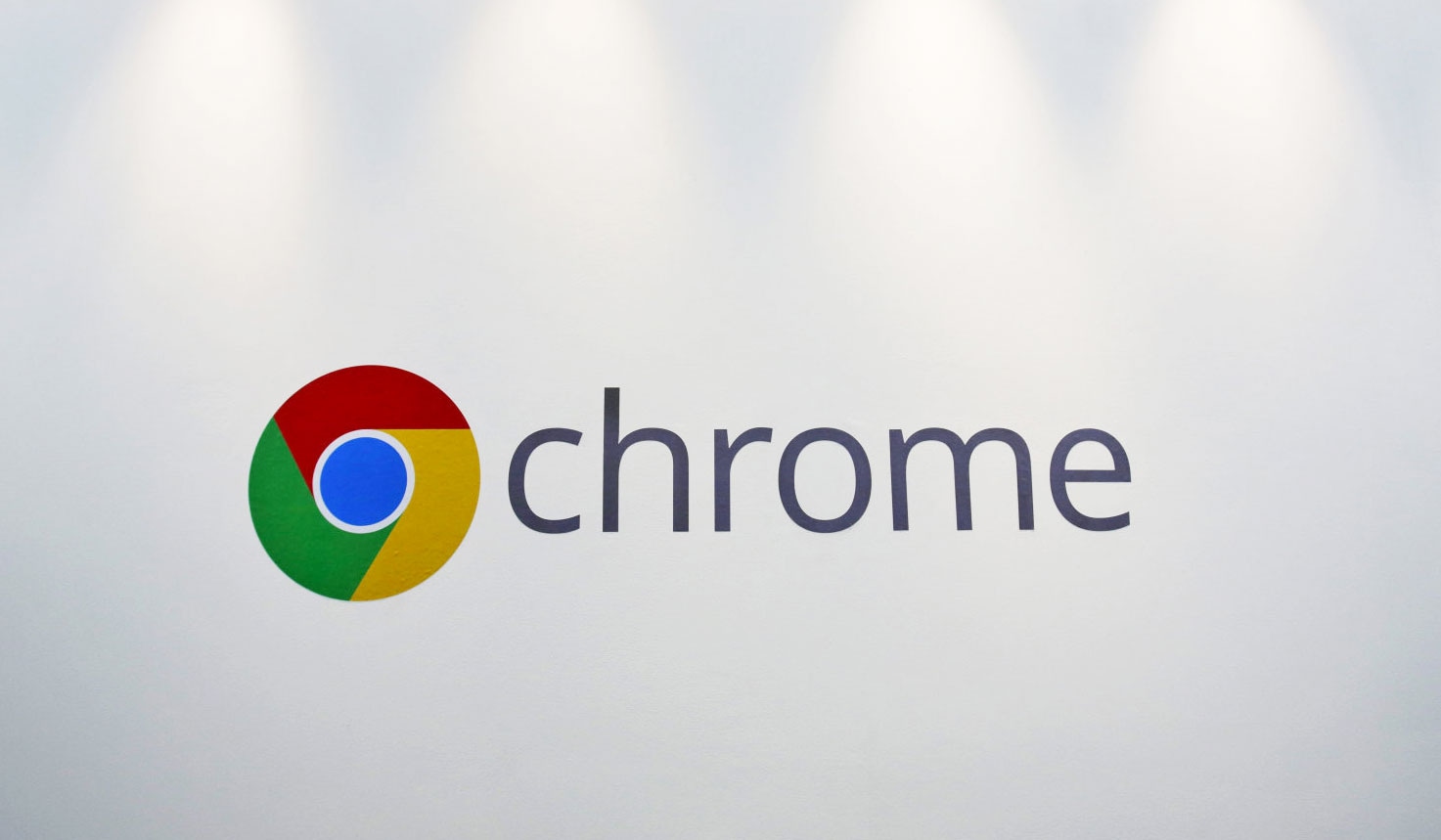How can you protect your anonymity online?
A famous New Yorker cartoon from the dawn of the internet age features two dogs at a computer. One says to the other: “On the internet, nobody knows you’re a dog.” On the web, anonymity was virtually guaranteed.

Those canines might not be so confident about online privacy now. With each passing month, we get more disquieting news that others are spying on our web traffic. It was governments at first. But in the last few years we have learned that Google, Amazon, Microsoft, and Facebook have been tracking our web usage so they can show us targeted ads. Trolls and stalkers have learned how to find the real identities behind user names we adopt for online comments.
Does this mean we should abandon hope for online anonymity? If we want to maintain our privacy, do we have to stay off of the internet?
In truth, there is only one guarantee of absolute anonymity. We’d have to stay offline entirely.
Short of this, we’re taking on some risk. Still, there are several ways to hold our odds of exposure and I D theft to a bare minimum. I will cover two of them here:
TOR, Proxies, and VPNs
One of the most effective ways to mask identity and location is to appear to be someone else at a different location. For this, you’ll need a virtual private network (VPN) or a proxy server. Not only can they mask your identity, they can enable surfing in other countries like the natives.
VPN services are easy to find. They protect traffic between your computer and internet servers, and they will mask your IP location and address. Suppose that , while working from home, you connect through your employer’s VPN. Websites will track your activity to corporate headquarters, not to your home.
For more advanced security, you may want a proxy server, a computer that redirects your web traffic. Like a VPN, it will mask your IP address. The proxy server also caches internet requests and responses, which will speed connection for your return visits to your favorite sites.
TOR is sometimes called ‘the onion router’ for its multiple layers of protection for anonymity. It provides a network of routes for data requests and downloads.
A few years ago, Edward Snowden revealed that the NSA had been spying on web traffic, giving special attention to TOR. But the NSA was only able to monitor its ‘exit nodes’. The agency could track what TOR was being used for, but couldn’t identify users.
Browser Security
How do you know your browser isn’t informing on you? Some, most notably Google Chrome, have been especially aggressive in tracking user traffic. Usually, the purpose of vacuuming up this data is advertising. You can’t be sure, though, that your web footprint will never be used for more sinister purposes. Since Google and Facebook have been caught censoring information for political reasons, it pays to be careful.
You can block your browsers ability to store your passwords. Of course, this can be inconvenient, since you probably have a separate password for each web service you use. A password manager can cache your passwords so you don’t have to remember them. Some password managers are free.
You could also activate your browser’s anonymous surfing mode. For Microsoft’s Explorer and Edge, it’s called In Private. For Firefox, it’s called Private Browsing, and for Chrome, it’s called Incognito. Activating the anonymous mode will block the browser from keeping records of websites you visit, your downloads, cookies, passwords, and cached material. Your browser may also offer a Do Not Track option in its settings bar. If it does, you’d be wise to activate it.
Anonymity through Browser Choice
Some browsers are better than others at protecting user anonymity.
Google is notorious for vacuuming up user data for use in targeted advertising. Bing and Yahoo also are aggressive in collecting user data.
Comodo Dragon, Comodo IceDragon, and Epic use Google’s Chromium rendering engine, but they don’t share user information with Google. DuckDuckGo, Brave, and Opera do not use Google, Bing, or Yahoo search engines. They don’t track your web usage or sell your data.
Stealth modes and specialized browsers won’t provide perfect web security. But they can keep websites from sending unrequested info to your computer, info that other sites can read to discern your surfing habits.
More to Come…
There are other steps you can take to protect your anonymity online. We will spell out these additional steps in another post.
(For the best internet connection, talk to us. We can help.)



